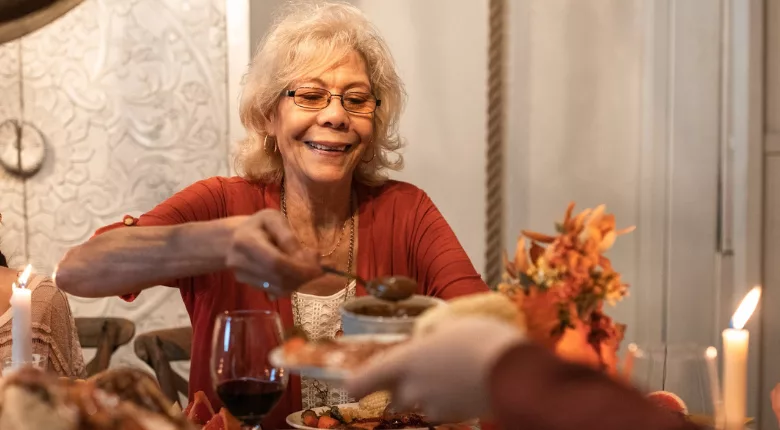New CDC Factsheets on Listeria for Vulnerable Populations

The U.S. Centers for Disease Control and Prevention (CDC) recently published three new factsheets on Listeria monocytogenes for vulnerable populations.
The factsheets explain why L. monocytogenes is especially harmful for people in certain risk groups, specifically:
The factsheets also provide actionable steps that people can take to prevent getting sick, including a list of foods to avoid and foods to choose instead of high-risk options. Examples of high-risk foods for L. monocytogenes infection include unpasteurized soft cheeses; deli meats, cheeses, and ready-to-eat (RTE) salads; refrigerated pâté or meat spreads; refrigerated smoked fish; raw or lightly cooked sprouts; cut melon left out for more than two hours or stored in a refrigerator for more than a week; and unpasteurized milk, yogurt, and ice cream. Additionally, in light of recent outbreaks, CDC is currently working to understand the risk of L. monocytognes infection from enoki mushrooms. In the meantime, CDC advises vulnerable individuals to not eat raw enoki mushrooms.
Looking for quick answers on food safety topics?
Try Ask FSM, our new smart AI search tool.
Ask FSM →









